This Changes Everything (by Naomi Klein)
“The task is to articulate not just an alternative set of policy proposals but an alternative worldview to rival the one at the heart of the ecological crisis — embedded in interdependence rather than hyper-individualism, reciprocity rather than dominance, and cooperation rather than hierarchy.
This is required not only to create a political context to dramatically lower emissions, but also to help us cope with the disasters we can no longer to avoid. Because in the hot and stormy future we have already made inevitable through our past emissions, an unshakable belief in the equal rights of all people and a capacity for deep compassion will be the only things standing between civilization and barbarism.
We will not win the battle for a stable climate by trying to beat the bean counters at their own game—arguing, for instance, that it is more cost-effective to invest in emission reduction now than disaster response later. We will win by asserting that such calculations are morally monstrous, since they imply that there is an acceptable price for allowing entire countries to disappear, for leaving untold millions to die on parched land, for depriving today’s children of their right to live in a world teeming with the wonders and beauties of creation.
The climate movement has yet to find its full moral voice on the world stage, but it is most certainly clearing its throat—beginning to put the very real thefts and torments that ineluctably flow from the decision to mock international climate commitments alongside history’s most damned crimes.
Some of the voices of moral clarity are coming from the very young, who are calling on the streets and increasingly in the courts for intergenerational justice. Some are coming from great social justice movements of the past, like Nobel laureate Desmond Tutu, former archbishop of Cape Town, who has joined the fossil fuel divestment movement with enthusiasm, declaring that
“To serve as custodians of creation is not an empty title; it requires that we act, and with all the urgency this dire situation demands.”
Most of all, those clarion voices are coming from the front lines of Blockadia, from those lives most directly impacted by both high-risk fossil fuel extraction and early climate destabilization.
* * * *
Recent years have been filled with moments when societies suddenly decide they have had enough, defying all experts and forecasters—from the Arab Spring (tragedies, betrayals, and all), to Europe’s “squares movement” that saw city centers taken over by demonstrators for months, to Occupy Wall Street, to the student movements of Chile and Quebec. The Mexican journalist Luis Hernández Navarro describes those rare political moments that seem to melt cynicism on contact as the “effervescence of rebellion”.
We long for more and in that longing have more company than we ever imagined. No one knows when the next such effervescent moment will open, or whether it will be precipitated by an economic crisis, another natural disaster, or some kind of political scandal. We do know that a warming world will, sadly, provide no shortage of potential sparks.
Thanks in particular to social media, a great many of us are continually engaged in a cacophonous global conversation that, however maddening it is at times, is unprecedented in its reach and power. Given these factors, there is little doubt that another crisis will see us in the streets and squares once again, taking us all by surprise.”
NAOMI KLEIN,
This Changes Everything
Photos: People’s Climate March & Flood Wall Street
September 21st 2014 NYC
[vimeo=http://vimeo.com/107789364]
Publicado em: 04/10/14
De autoria: casadevidro247

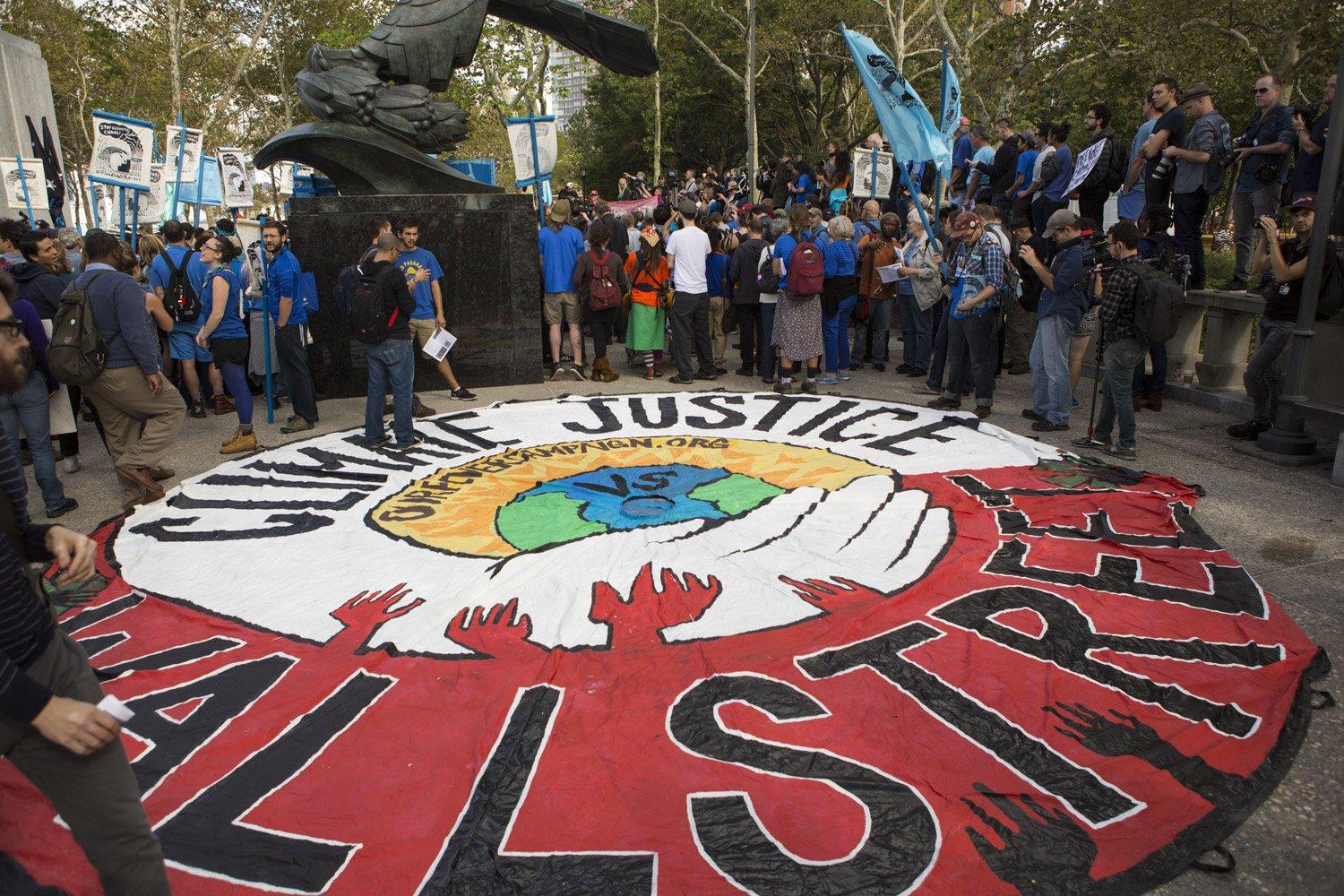

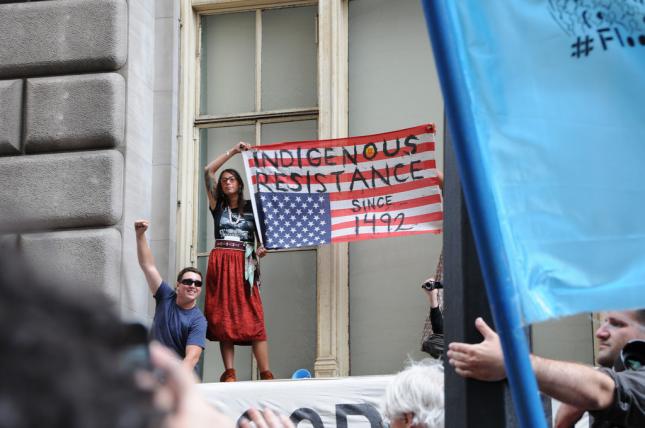
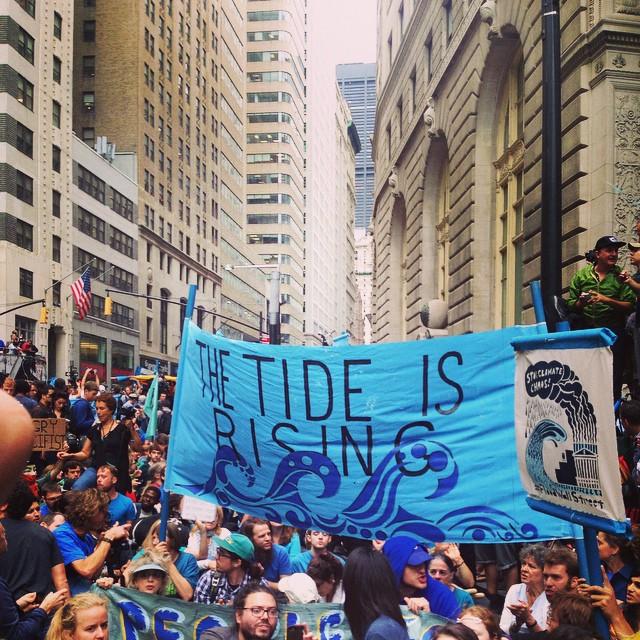
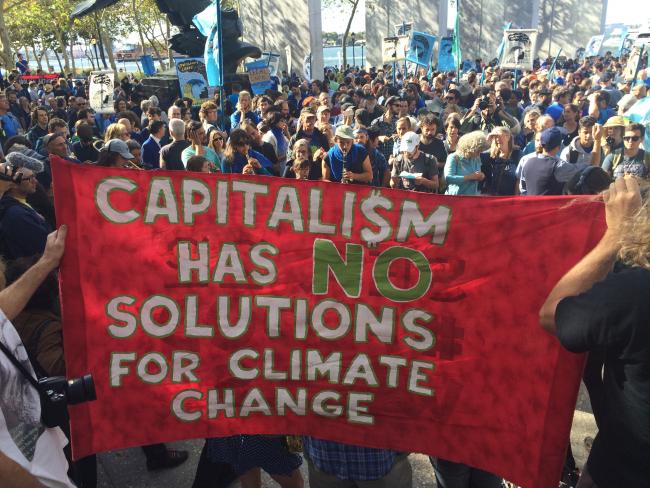
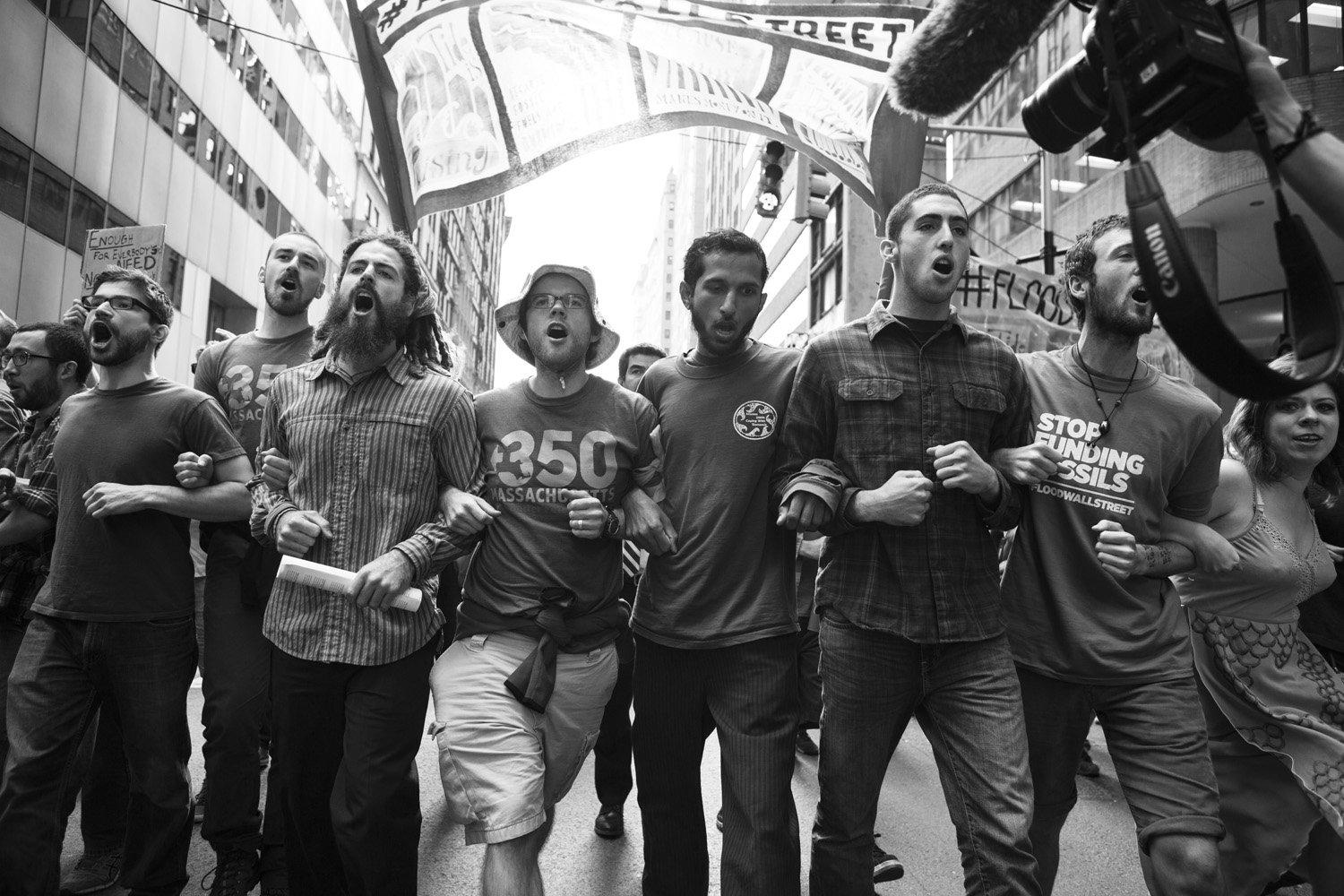
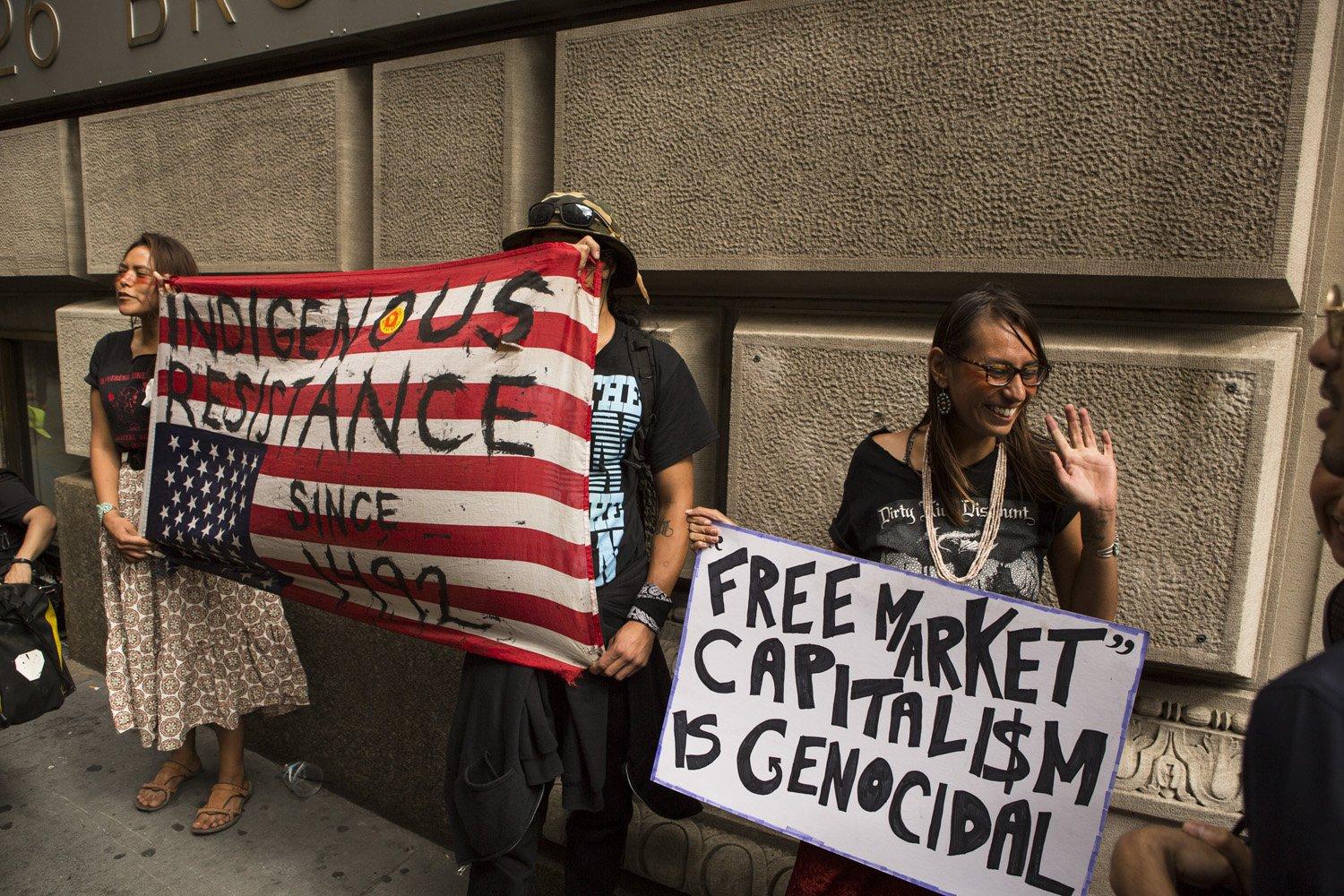
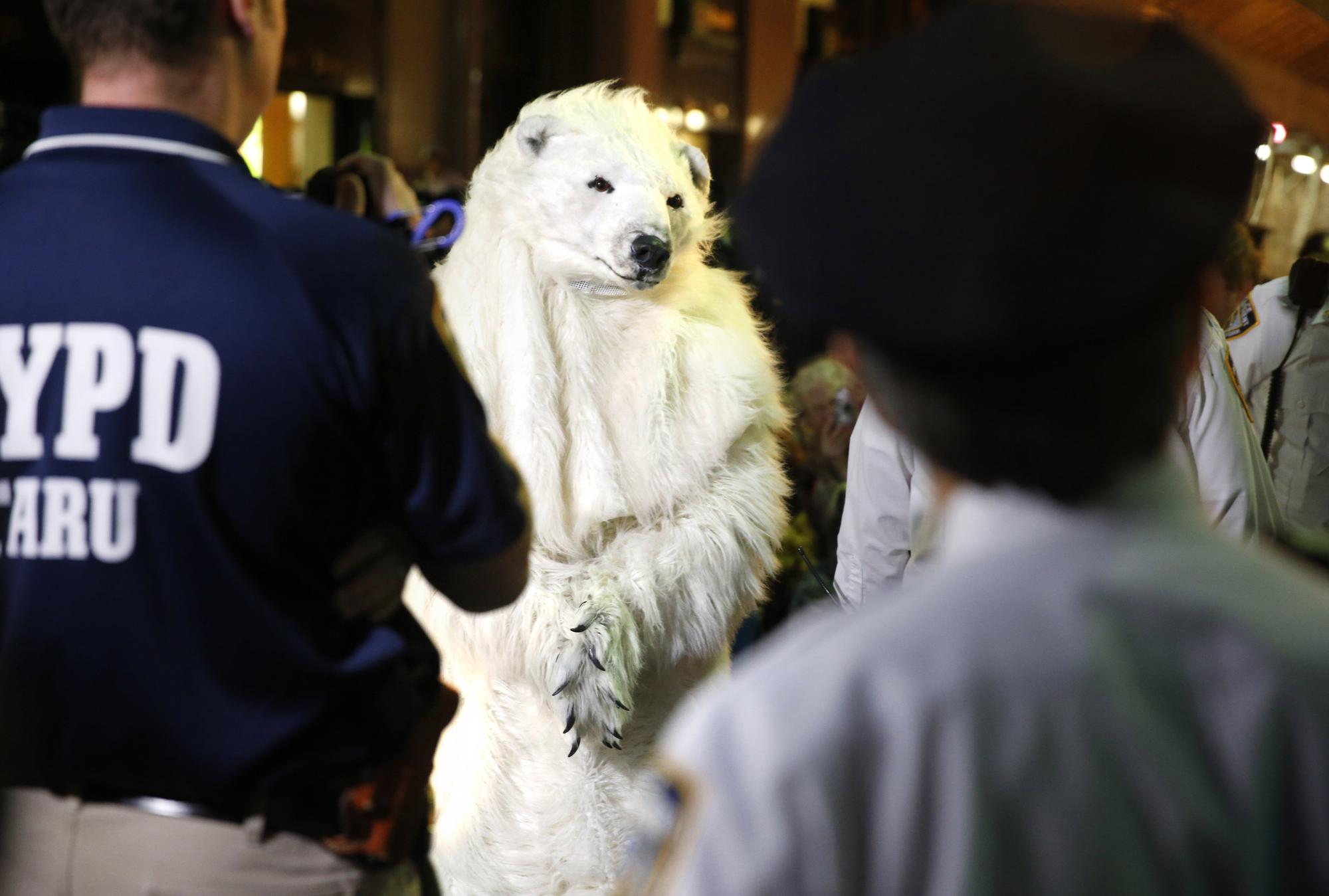
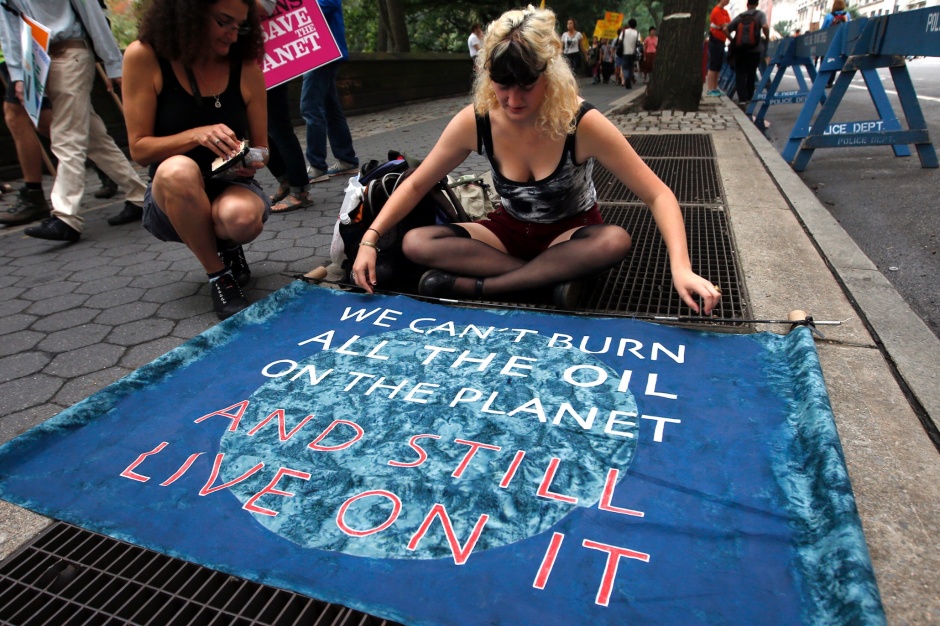
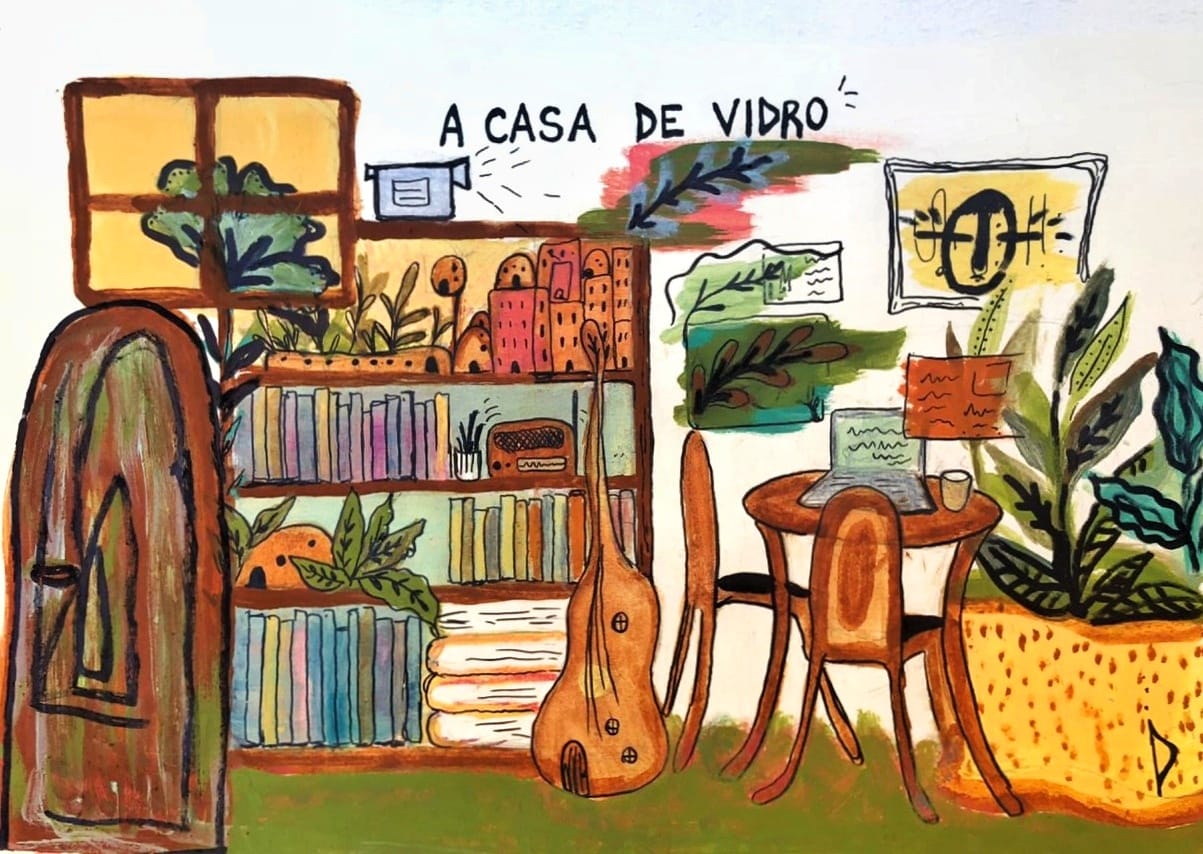
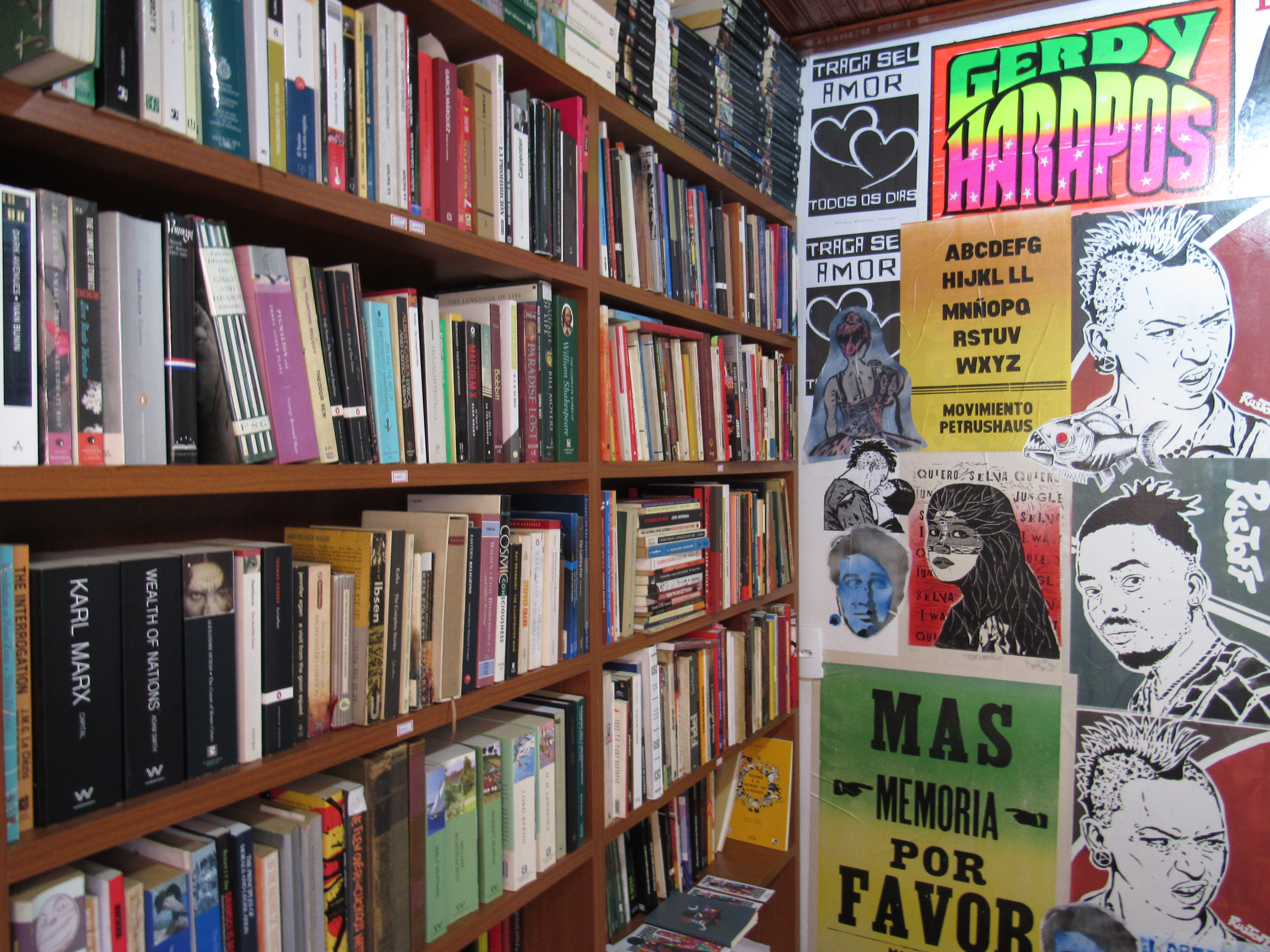
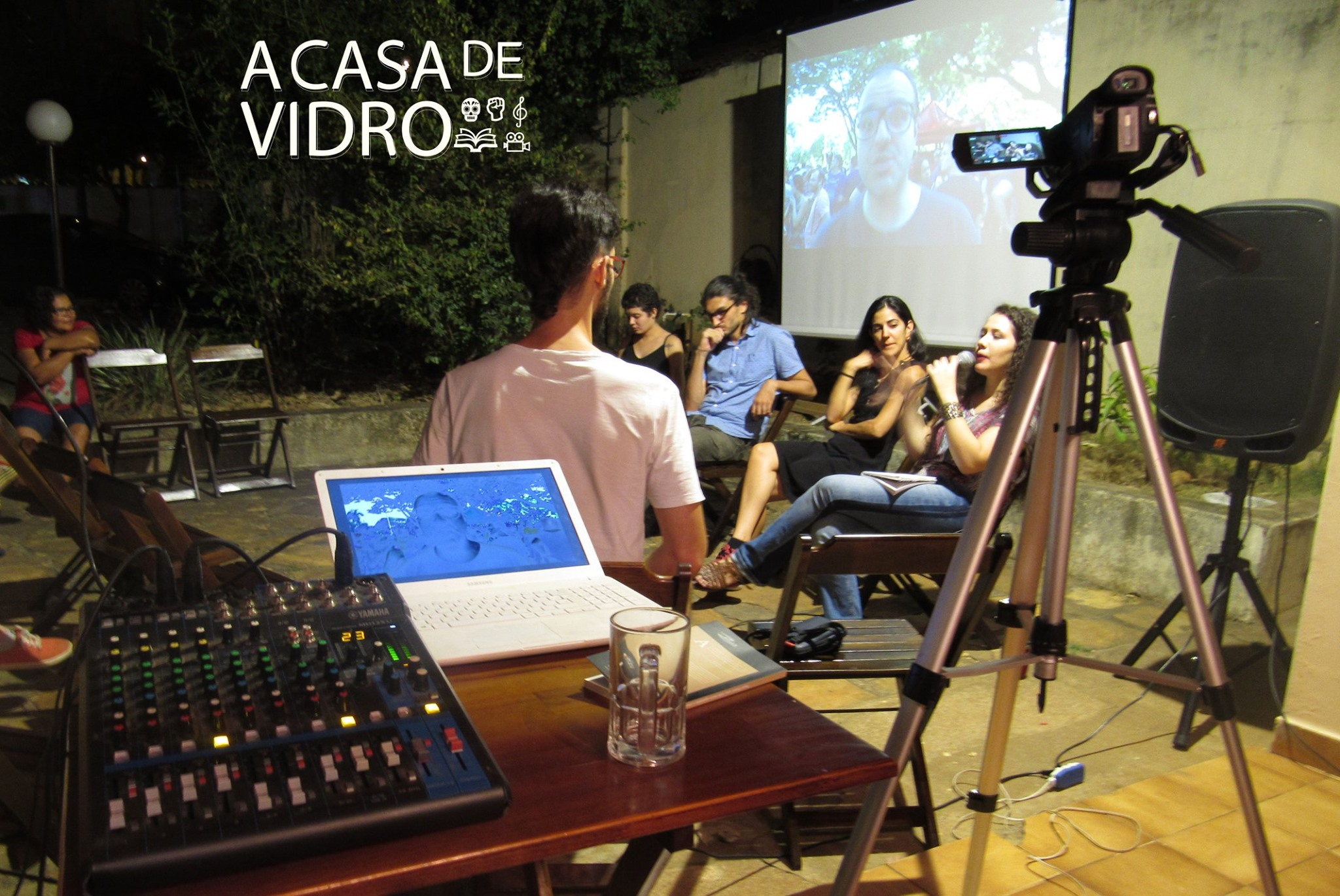
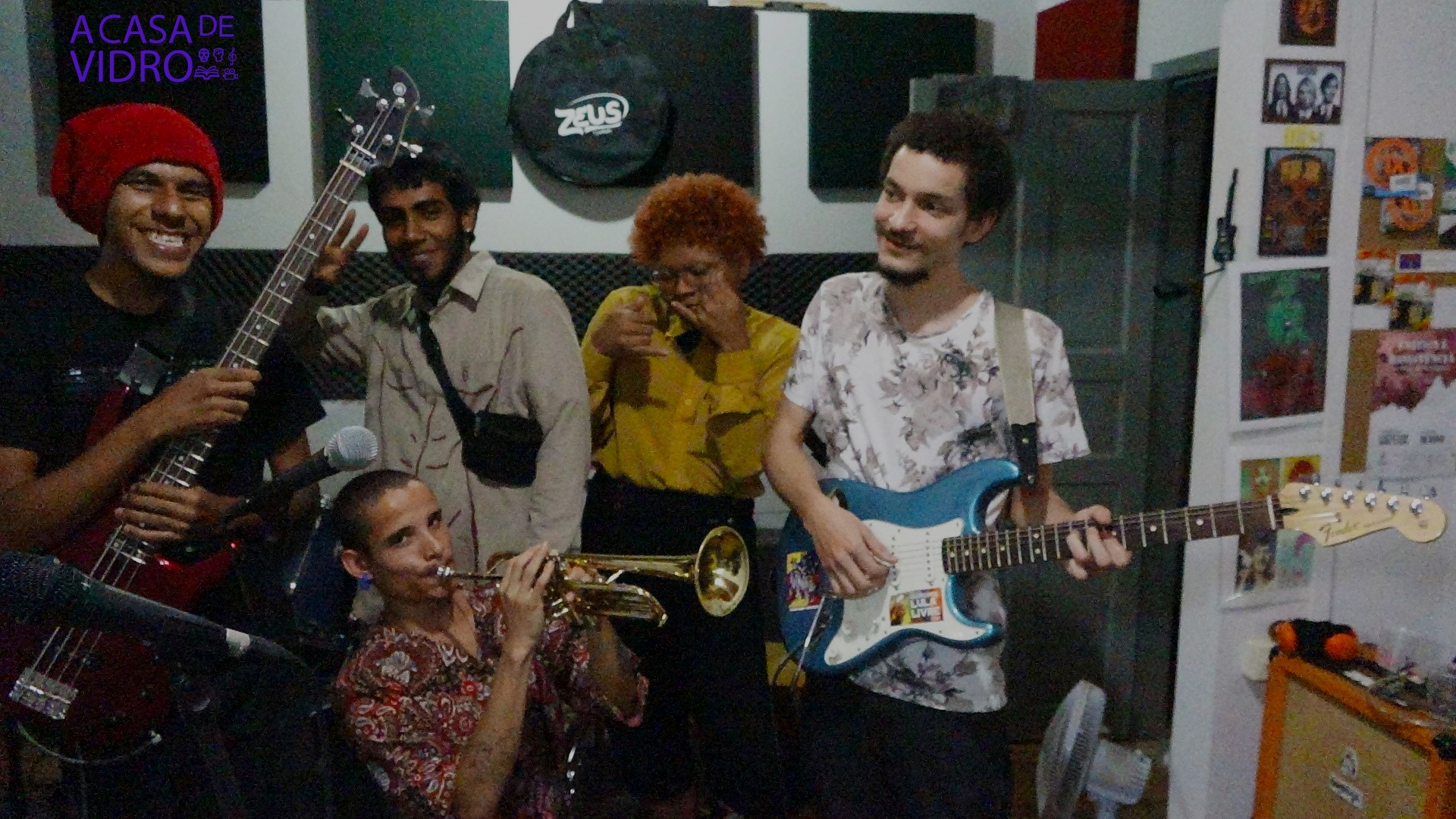

comentários